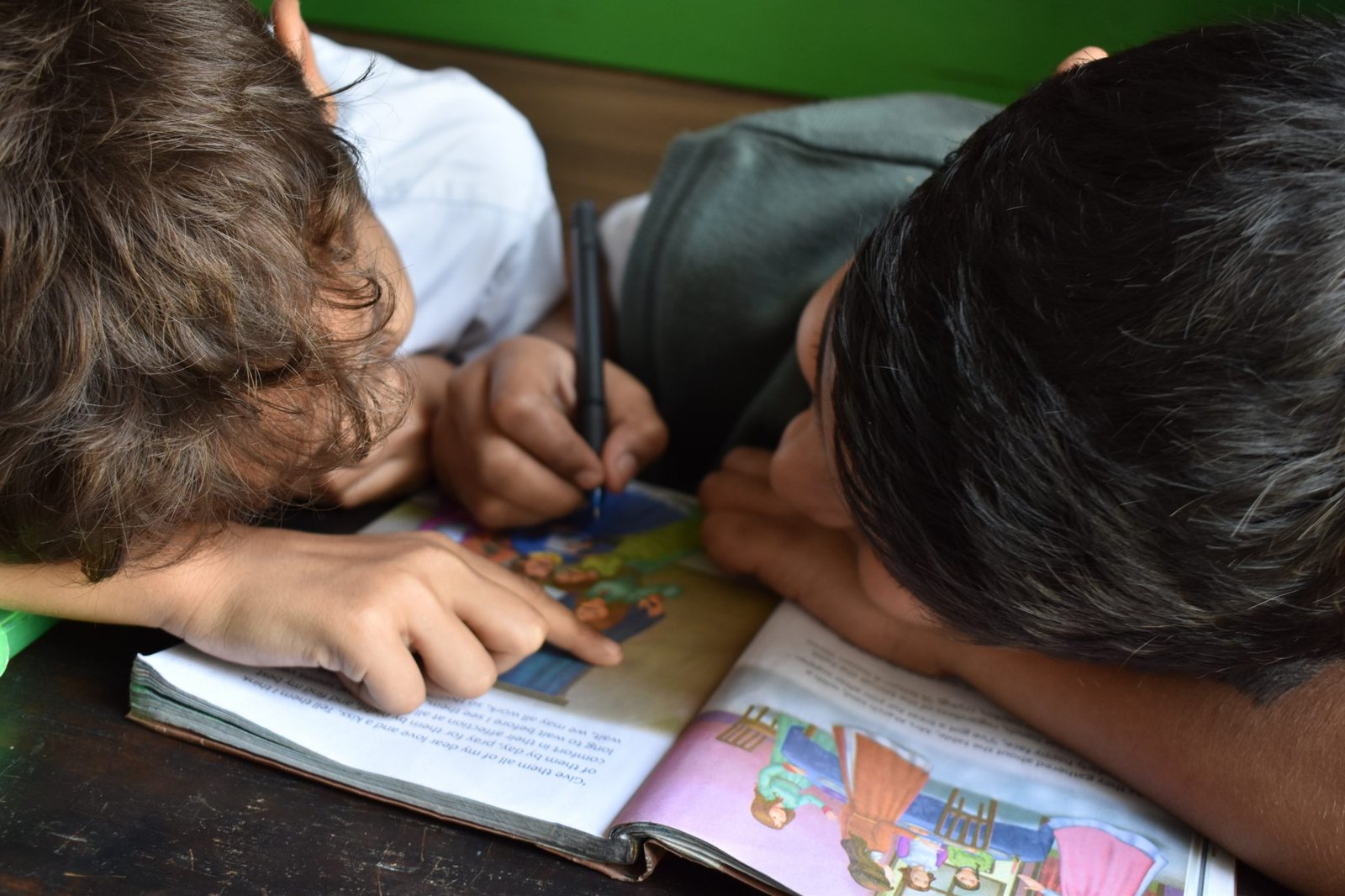The English language has become the most commonly used and spoken language across the world today.
It is one of the most influential languages in the world and most of the countries embrace English as their second language.

In every part of the world, learning English is very essential and beneficial in many ways. That’s why parents teach their children as early as possible to help them become fluent as they grow. Although there’s no certain age when it comes to learning a language, most children start learning the English language or their mother tongue the second they’re born and become skillfully conversational when they start schooling.
It is essential that parents teach their children English as almost every phase of our lives involves some degree of English knowledge. Children from ages 5 to 6 years old don’t seem to focus as much on anything other than playing or having fun. If you’re thinking about how you can creatively help your kids to learn how to speak and understand English, here are some helpful ways that will support you and your kids without forcing them to learn.
1. Watch English Movies for Kids
Children are faster learners than adults. They quickly absorb everything, especially words and phrases. Letting your kids watch English cartoons or movies is a classic technique that will help them learn and understand the English language.
For most people, watching movies is a great way to spend quality time with their family. It is an excellent way to understand and analyze a day to day conversation and learn to speak English fluently. Usually, when it comes to favorite films or shows, kids mostly learn tones of the lines and will repeat them many times. In this way, kids can learn the use of English in real-life situations, and they can easily apply what they learn into their daily life.
2. Playing and Singing English Songs
Music exposure helps kids easily learn language, creativity, social interaction, and memory. This encourages a child to express their emotions and sharpens their capacity to communicate. Learning educational songs can help children easily memorize words that are difficult for them to remember. Nursery rhymes and English speaking for kids are good examples of speech development. Singing makes kids articulate words and develop tongue muscles by saying the lyrics over and over. Because of the rhythm of the music, kids also learn to connect movements that develop their humor.

3. Educational English Games
Educational games prevent kids from learning from being ordinary and boring. It is also a way of reducing the stress of learning a new language. Most games involve children to think quickly. This is a great way as it helps children develop their logic, accuracy, and ability to think and speak fluently. Games encourage children to enjoy while learning so you don’t have to make them get pressured or stressed out. Through games, they will learn and be familiarized with stuff like colors, animals, and many more.
Most children have a great capacity to absorb the language and imitation of sounds quickly. Being fluent in English will make them have greater opportunities in the future and improve their self-confidence in communicating with people from different cultures and countries.






